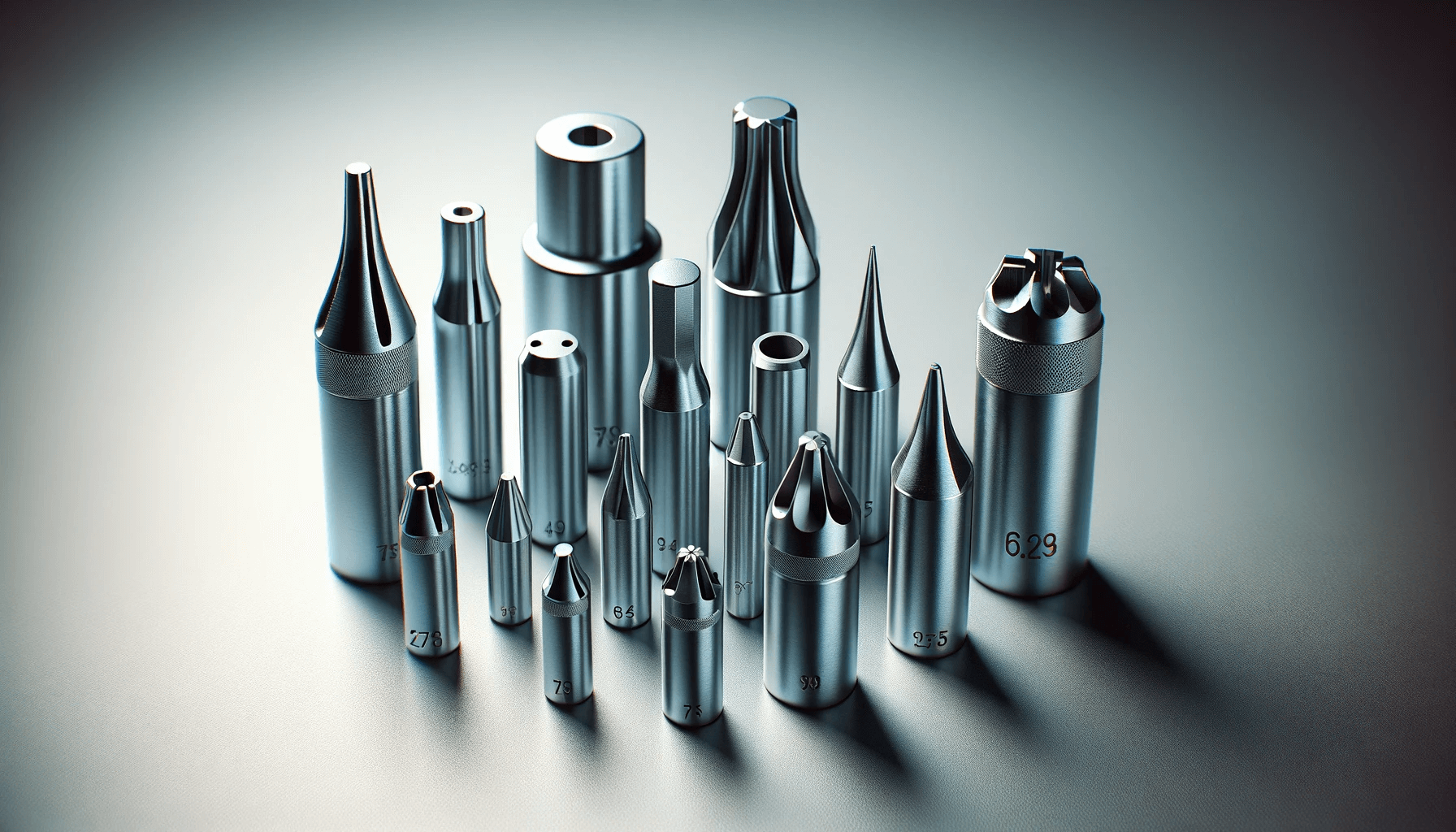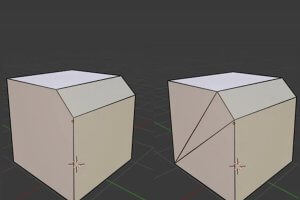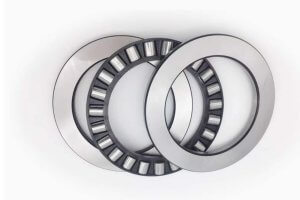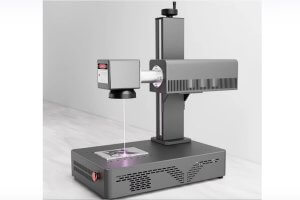The Art of Precision: Mastering CNC Machining for Punches
CNC (Computer Numerical Control) machining stands at the forefront of modern manufacturing techniques, particularly in the realm of precision tooling like punches. The intricate process involves converting CAD (Computer-Aided Design) drawings into numerical instructions that guide the machining tools to produce parts with high precision. For punches, this precision is paramount as they are used to create holes or to shape materials in various industries, from metal fabrication to electronics.
China’s Competitive Advantage: High-Quality, Cost-Effective CNC Punch Machining
China has emerged as a global leader in manufacturing due to its ability to offer high-quality, cost-effective CNC machining services. The combination of lower labor costs, advancements in manufacturing technology, and a strong supply chain ecosystem gives China a distinct advantage, especially in the production of CNC machined punches. This cost-effectiveness does not come at the expense of quality;Chinese manufacturers now also offer online CNC machining services.
For instance, a Chinese manufacturing firm recently undertook a project to produce a batch of complex punches for an electronics company. The project utilized a DMG MORI NHX 4000, a high-speed horizontal machining center known for its precision and reliability. By optimizing the machining parameters and employing advanced CAM (Computer-Aided Manufacturing) software, the firm was able to reduce production time by 30% compared to traditional methods, passing the cost savings onto the customer while still achieving the high precision required for the punches.
Material Selection and Tooling for Optimal Punch Performance
Choosing the right material and tooling is crucial for achieving optimal performance in CNC machined punches. The material must possess the necessary hardness, toughness, and wear resistance to withstand the demanding conditions of punching operations. Commonly used materials include tool steels such as D2 or A2, which provide a good balance of durability and cost-effectiveness.
An example of material optimization can be seen in a project for the aerospace industry, where a set of punches was required for riveting aircraft panels. The material selected was CPM 10V, a powder metallurgy tool steel known for its exceptional wear resistance. The challenge was to machine the intricate shapes of the punches while maintaining the structural integrity of the CPM 10V. Through careful selection of tooling, including carbide end mills and specialized coatings, the CNC machining process was able to produce punches that met the rigorous standards of the aerospace industry, demonstrating the critical role of material and tooling selection in CNC machining projects.
Innovative Techniques in CNC Programming for Enhanced Punch Accuracy
CNC programming techniques play a vital role in enhancing the accuracy and efficiency of CNC machined punches. Advanced programming strategies, such as high-speed machining (HSM) and 5-axis interpolation, allow for faster production times and tighter tolerances. These techniques require a deep understanding of both the machine’s capabilities and the properties of the material being machined.
A notable case involved the development of a series of punches for the medical device industry, where precision is critical. The project utilized 5-axis CNC machining to enable complex geometrical shapes that would have been impossible with traditional 3-axis machines. The programming was done using Mastercam software, which allowed for the simulation of the machining process to identify and rectify potential issues before actual production began. This proactive approach ensured that the final punches met the stringent accuracy requirements of medical devices, illustrating the impact of advanced CNC programming techniques.
Addressing Common Challenges in CNC Machined Punch Production
CNC machined punch production can present several challenges, including tool wear, heat generation, and material deformation. Addressing these issues requires a combination of skilled craftsmanship and technological innovation. For example, tool wear can be mitigated by using toolpath optimization techniques that distribute the workload evenly across the tool’s cutting edges, extending its life.
A practical example of overcoming these challenges can be found in a project for the stamping industry, where a set of large punches was experiencing premature wear due to the high-volume production environment. By implementing a cryogenic treatment process for the tools, the manufacturer was able to significantly improve the wear resistance of the punches. Additionally, the use of coolant systems helped to manage heat generation, preventing material deformation and ensuring the longevity of the punches.
Future Trends: The Evolution of CNC Technology for Punch Manufacturing
The future of CNC technology in punch manufacturing is poised for significant advancements, with trends like automation, AI (Artificial Intelligence), and IoT (Internet of Things) leading the way. These technologies promise to further enhance precision, reduce production times, and lower costs. For instance, AI algorithms can predict tool wear and adjust machining parameters in real-time to optimize performance.
An upcoming trend is the integration of IoT devices within CNC machines, allowing for remote monitoring and control of the manufacturing process. This not only improves efficiency but also enables predictive maintenance, reducing downtime. As these technologies continue to evolve, they will undoubtedly shape the future landscape of CNC punch manufacturing, making it more efficient, accurate, and cost-effective.
Other Articles You Might Enjoy
- Precision Prowess: Unveiling the Advantages of China CNC Machining
1. Introduction: The Role of Precision in Manufacturing Excellence In this introductory section, we delve into the critical role that precision plays in manufacturing and set the stage for an…
- Revolutionizing CNC Machining for Complex Aerospace Assemblies
Introduction to CNC Machining in Aerospace Assemblies Computer Numerical Control (CNC) machining represents a significant technological development playing a notable role in the creation of complex aerospace assemblies. CNC machining…
- Material Versatility in CNC Machining: From Titanium to Thermoplastics
Introduction to CNC Machining CNC machining stands as a cornerstone in the manufacturing sector, enabling the precise creation of parts and components. This process utilizes computer numerical control (CNC) to…









